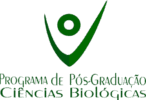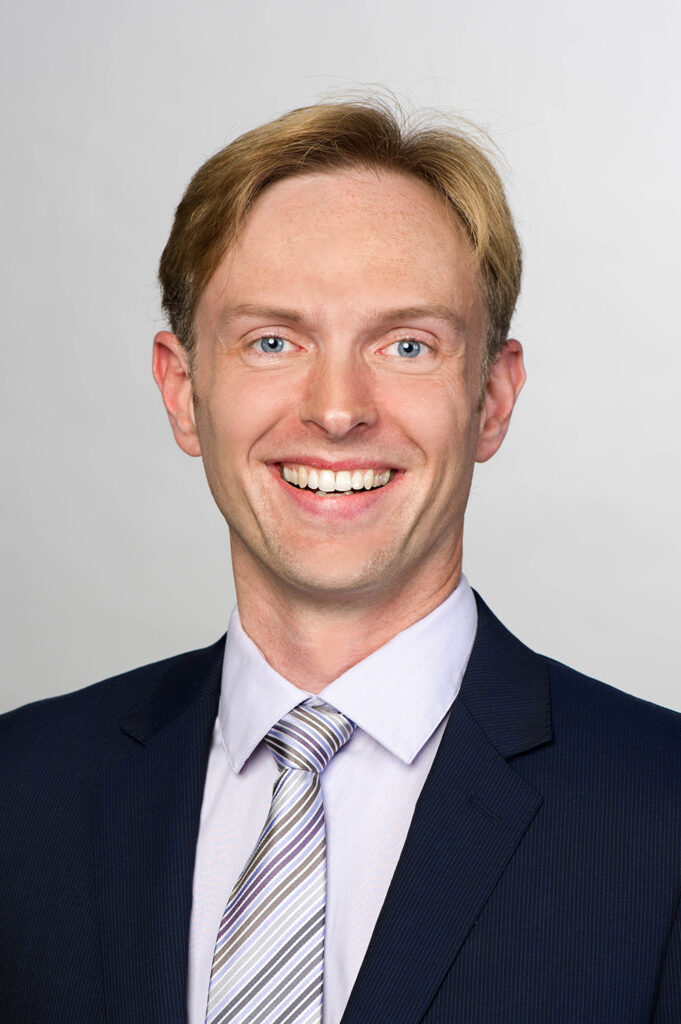
Dr. J. Philipp Benz – Biologist & Biotechnologist – Coordinator of the German team (TUM)
J. Philipp Benz studied biology at TU Braunschweig (2003). The research work for his thesis was done in the laboratory of Professor Crawford at UC San Diego (CA, USA). He subsequently acquired his Dr. rer. nat. from LMU Munich, working in the research group of Professor Soll (Department of Biochemistry and Physiology of Plants) (2009). He then returned to the USA to become a postdoctoral fellow in the laboratory of Professor Somerville at the Energy Biosciences Institute (UC Berkeley, CA, USA) where he worked on filamentous fungi. Back in Germany, Philipp Benz successfully passed the tenure track phase at TUM between 2014 and 2020 and was advanced to Associate Professor in August 2020.
The research area of Professor Benz is to elucidate how filamentous fungi perceive the composition of plant biomass on a molecular level and how they adapt their genetic programs and metabolism to effectively communicate with their surroundings (other fungi, plant hosts) or to degrade the substrate (in case of dead plant biomass).
More information:
https://orcid.org/0000-0001-5361-4514
https://scholar.google.com/citations?user=s5iFqYgAAAAJ&hl=en
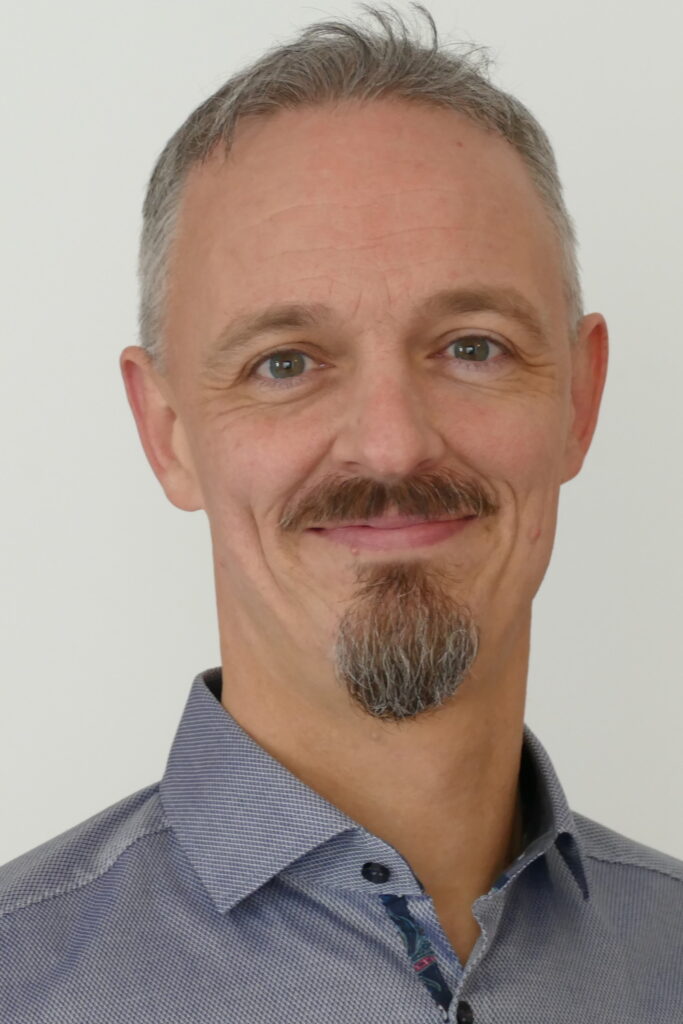
Dr. Michael Rothballer – Biologist (HMGU)
Michael Rothballer studied Biology (Diplom) at the Technical University of Munich (1994-2000). He accomplished his PhD at the GSF-Research Center for Environment and Health in Neuherberg in the working group Plant-Microbe Interaction of the Institute of Soil Biology under the supervision of Prof. Dr. Anton Hartmann. From 2004 to 2006 he was a scientific employee at the GSF-Research Center in the Department of Rhizosphere Biology in the Institute of Soil Biology and from 2006 he was deputy group leader of the working group Molecular Microbial Ecology in the research unit Microbe-Plant Interactions at the Helmholtz Zentrum München. From June 2016 to January 2017 he was acting head of the Research Unit Microbe-Plant Interactions. Finally, in February 2017 he became part of the newly founded Institute of Network Biology at the Helmholtz Zentrum München under Prof. Pascal Falter-Braun, where he leads the working group Molecular Microbial Ecology. M. Rothballer is a Microbiologist with a strong background in the field of beneficial microbe-plant interactions.
Works on all 6 Work Packages, but especially: WP 3 Isolation and characterization of PAMs; WP 4 Case study: Application of PAMs to induce drought tolerance in tree seedlings
More information:
https://www.helmholtz-munich.de/inet/das-institut/index.html
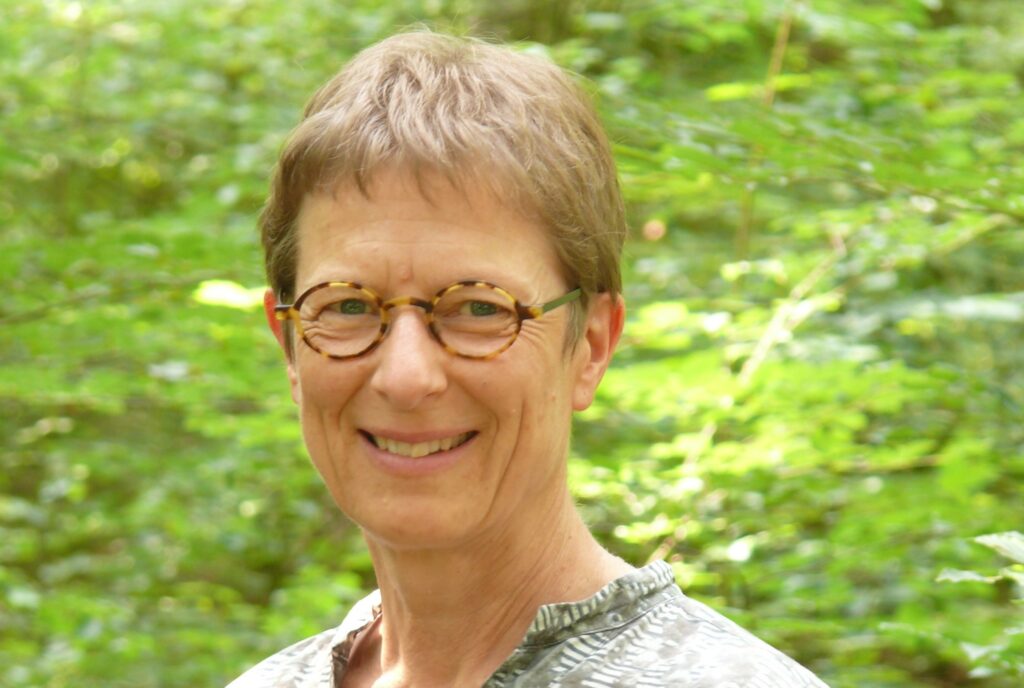
Dr. Karin Pritsch – Biologist (HMGU)
Karin Pritsch graduated in Biology (1990), and obtained her PhD in 1996 from the University of Tuebingen, Germany. She is currently affiliated as group leader at Helmholtzzentrum Munich and teaches Microbial Ecology as an associate professor at the Technical University of Munich. For many years, she has been investigating the functional ecology of ectomycorrhizae and fungal communities in forest soils. Her latest projects focused on drought in temperate forests, and the relations between root-associated fungi and drought. In the project RESTORE, she brings in her expertise in the isolation and cultivation of fungi, plant-microbe experimental systems, and soil fungal community analyses.
Working on the Work Package 1: Drought effects on soil microbiota
More information:
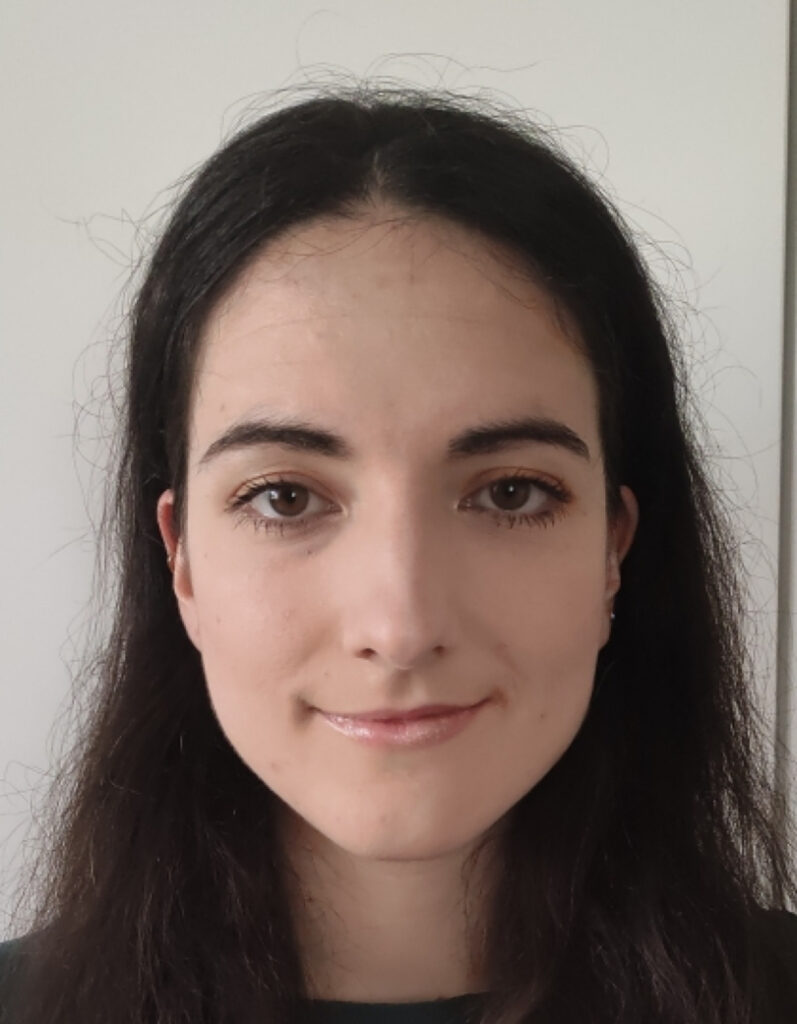
Sonja Magosch – Biologist (TUM, HMGU)
Sonja Magosch completed her studies in Biology at the Technical University of Munich (TUM) with a bachelor’s degree in 2018 and a master’s degree in 2020. During her bachelor thesis, she investigated the galacturonic acid catabolism of two yeasts (Rhodosporidium and Rhodotorula) at the Chair of Fungal Biotechnology. Her master thesis dealt with the oxidation of antibiotics by acetic acid bacteria (Chair of Microbiology). Since 2021, Sonja Magosch works as a research associate (Ph.D.) at the Chair of Fungal Biotechnology in Wood Science (Prof. Dr. J. Philipp Benz) and at the Institute of Network Biology at the Helmholtz-Center of Munich (Dr. Michael Rothballer). Her thesis deals with the isolation, characterization, and application of microorganisms to improve drought stress tolerance of trees for restoration projects and is part of the project RESTORE.
Working on the Work Packages: WP 3 Isolation and characterization of PAMs; WP 4 Case study: Application of PAMs to induce drought tolerance in tree seedlings
More information:
Dr. Fabian Weikl – Biologist (TUM)
More information:
https://scholar.google.com/citations?hl=de&user=J2uhiEEAAAAJ
https://www.researchgate.net/profile/Fabian_Weikl
https://www.lsai.wzw.tum.de/en/ag-ecophysiology-of-plants/team/dr-fabian-weikl/
